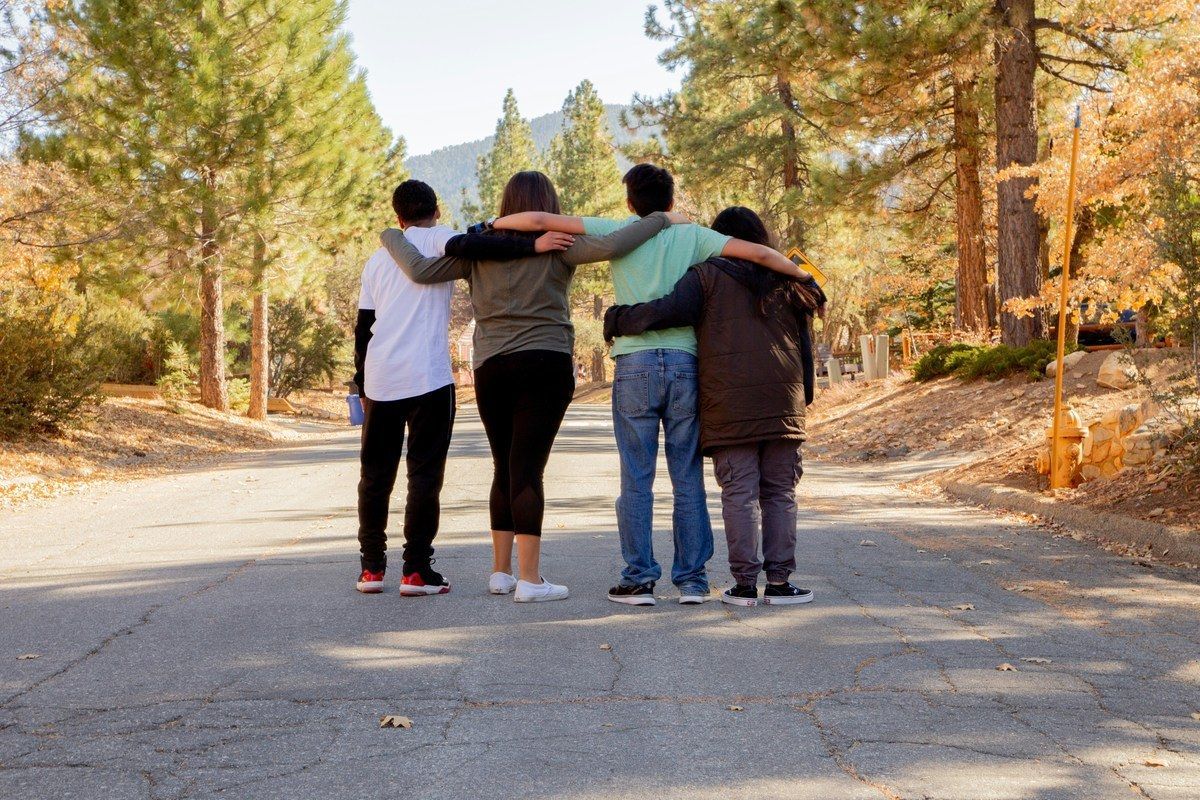Managing Social Anxiety In College

While a fresh college experience can stimulate and invigorate some, for others, it can reveal our innermost introversions and discomforts in the form of social anxiety. As a very real and debilitating mental health condition, factors leading to this situational and ongoing disorder can stem from trauma, chronic depression, or physical/emotional abuse.
College can be a prevalent time for social anxieties to peak, affecting the way students interact in class, socialize around campus, or involve themselves in extracurricular activities. Severe cases can cause isolation and depression, evolving into co-occurring mental health disorders or thoughts of suicide. At a time so dependent on college engagement, students can evaluate themselves with these below suggestions by Nerina Garcia-Arcement, a clinical assistant professor at NYU School of Medicine and licensed clinical psychologist.
1. Evaluate Your Feelings
The importance of understanding what feelings you experience is paramount in isolating symptoms of social anxiety as they occur. Are you feeling butterflies, sweating, shallow breathing? First recognizing and calming yourself can help alleviate the panic and overwhelming nature of anxieties. While you may not be able to entirely rid yourself of anxieties initially, you can begin to slowly suppress the familiar feelings as they arise.
2. Evaluate Your Thoughts
Hyper focusing on people, places, events, or actions can overwhelm our senses and thoughts. Typically, the fear of failure can drive many instances of social anxiety. These situational “what ifs” can be recognized and reasoned with. Take a breath, relax, and allow yourself to fight the inner voice of pessimism.
3. Practice Calming Exercises
Practice deep breathing or mental exercises to relocate your thoughts while lowering your heart rate. Be your own biggest motivator with encouraging notes or positive affirmations when anxieties begin to increase. Mentally discourage negative thoughts as you calmly evaluate your feelings. Slowly breathe, and slowly contemplate on encouraging thoughts.
4. Challenge Your Thoughts
Much of our anxieties have to do with the way we perceive our situations, ourselves, or our interactions with people. Some struggle more than others with these interactions, but we all have our struggles. Immerse yourself in these moments with confident “what if” questions, such as “What if I make a new friend?” or “What if I really enjoy doing this new activity?” Relying on optimistic outcomes when trying new things or meeting new people can provide the necessary mental state to begin conquering your anxieties.
If you're looking for ways to break free of your anxieties and meet new people, try some of Northpoint's student activities or hanging out in the clubhouse or gym.
5. Experiment
Start small with experiences that trigger your most anxious feelings. If communicating with new people is exceptionally difficult, say a simple “Hello” to strangers, or “Thank you” during positive engagements with those around you. This simple and positive etiquette can slowly boost confidence while practicing useful life skills to help in the classroom. Additionally, speaking to your professor after hours can provide the necessary one-on-one conversation to discuss your anxieties. Having someone who knows and understands your concerns can help you manage your feelings if they occur.
In severe cases of social anxieties, individuals require medication or therapies to aid their mental distress. Whatever your own instance may be, first recognizing these symptoms can raise awareness of the seriousness of your situation. Talk to those closest to you about your struggles, they’ll likely be more than happy to help you reason with feelings. Furthermore, discussing these anxieties with peers can provide comradery and relatable struggles that may bring more insight into your social anxieties. Approach college equipped with these newfound tips to begin alleviating your dread today.













